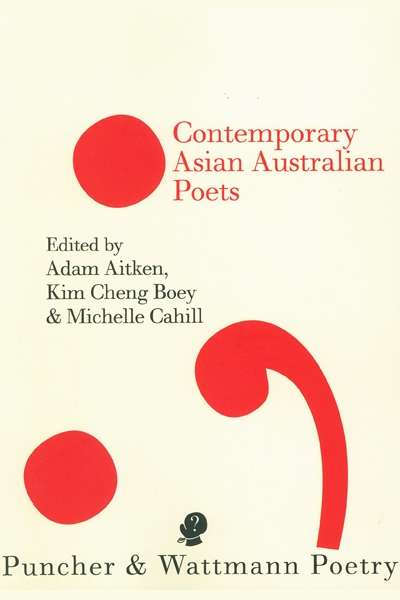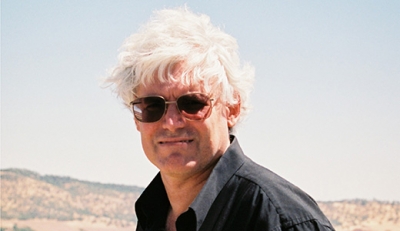Accessibility Tools
- Content scaling 100%
- Font size 100%
- Line height 100%
- Letter spacing 100%
John Kinsella
The ABR Podcast
Released every Thursday, the ABR podcast features our finest reviews, poetry, fiction, interviews, and commentary.
Subscribe via iTunes, Stitcher, Google, or Spotify, or search for ‘The ABR Podcast’ on your favourite podcast app.
‘Where is Nancy?’ Paradoxes in the pursuit of freedom
by Marilyn Lake
This week on The ABR Podcast, Marilyn Lake reviews The Art of Power: My story as America’s first woman Speaker of the House by Nancy Pelosi. The Art of Power, explains Lake, tells how Pelosi, ‘a mother of five and a housewife from California’, became the first woman Speaker of the United States House of Representatives. Marilyn Lake is a Professorial Fellow at the University of Melbourne. Listen to Marilyn Lake’s ‘Where is Nancy?’ Paradoxes in the pursuit of freedom’, published in the November issue of ABR.
Recent episodes:
Contemporary Asian Australian Poets edited by Adam Aitken, Kim Cheng Boey, and Michelle Cahill
Writing can bring change. I think of myself as an activist writer. I try to act as witness, and convey and interpret what I see.
... (read more)Searching for his crowd
out of the silence of the cloister,
black robes tousled by the nor’-wester,
first bite of heat caught on the brim
1.
Surrounded by the countless dead
And restrained in illness to her bed
The hilltipped winds that seared her face
Made her young as they made her old
Head tilts to strings
beyond setting –
cross-notes of talk,
gallery folk
Activist Poetics: Anarchy in the Avon Valley by John Kinsella, edited by Niall Lucy
He polished his car to a shine, he kept
a ‘clean machine’ inside and out, but down
from ‘up north’, the red dirt would stay
in the seams of doors, around the fittings.
A detailing of distance. A truth unto itself ...
Biographies, exhaustively researched, can take years, even decades to write – Jill Roe’s recent life of Miles Franklin is a good example – but few have to wait a century for a publisher. Written in 1906 and sold as a handwritten manuscript to the Mitchell Library in 1926, Cyril (brother of Gerard Manley) Hopkins’s obscure ‘Biographical Notice of the Life & Work of Marcus Clarke’ is published for the first time this month as Cyril Hopkins’s Marcus Clarke (Australian Scholarly Publishing).
Drawing on Clarke’s early journalism, Hopkins’s memories of Clarke from their time as schoolboy intimates in England, and the pair’s decades-long correspondence after Clarke’s emigration to Australia in 1863, this volume provides an unprecedented glimpse of the author of For the Term of His Natural Life. It is laced with anecdotal riches, including Clarke’s habit of depositing his unfinished cigars in the mouth of a green metal lion as he entered the Melbourne Public Library. The lion, smoking the cigar, became a signal to his friends that Marcus was within.
... (read more)





